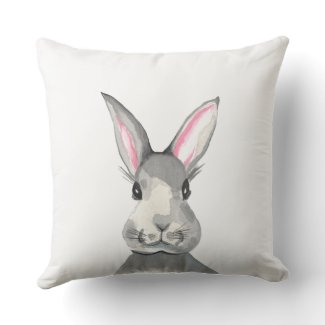Let some quantity $Q(x)$ change its value by $\pm 1$, starting at an integer number $a$ and finishing with an integer number $b$. Then $Q(x)$ will necessarily pass through all intermediate values between $a$ and $b$. The quantity $Q(x)$, in this case, is called discretely continuous.
Problem (Kyiv City, 1998)
Natural numbers $c$ and $c$ are such that $c<d$ and the sum of digits of $c$ is 100 less than the sum of digits of $d$. Show that between $c$ and $d$ there is a number, such that its sum of digits is greater than the sum of digits of $c$ by 43.
Solution
Let $s(n)$ be the sum of digits of the number $n$. Note that $s(n)$ is integer and
$$ s(n+1) \leq s(n) + 1 $$
In other words, if $n$ is incremented by $1$, then the sum of digits increases by $1$ or decreases. Now let us consider a quantity
$$ Q(x) = s(d)-s(x) $$
and let $x$ run from $c$ to $d$. Note that $Q(x)$ is discretely continuous.
In the beginning $x=c$:
$$Q(c) = s(d)-s(c) = 100$$
In the end $x=d$:
$$Q(d) = s(d)-s(d) = 0$$
Since $Q(x)$ is discretely continuous, then it takes all values between $0$ and $100$, and thus for some $x$ it takes the value $43$.



